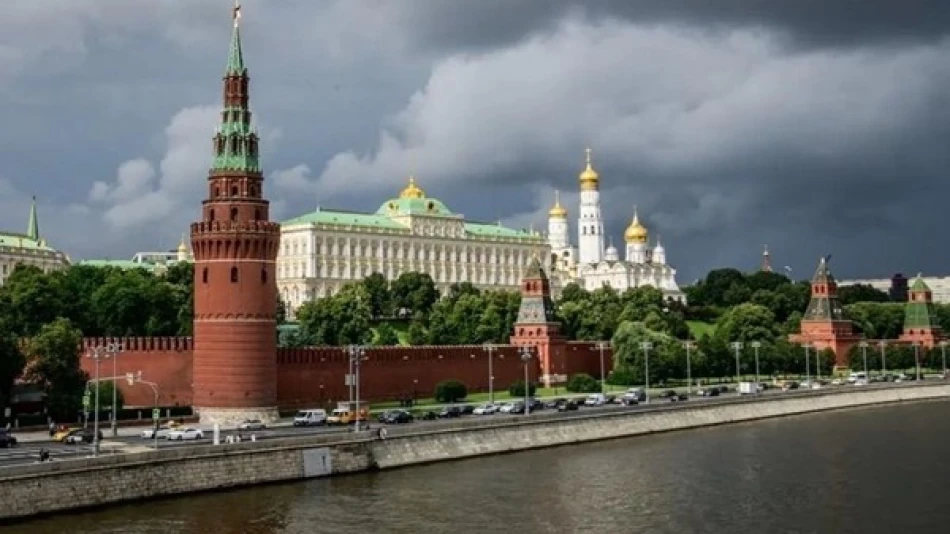
Russian Defense Ministry Intercepts Multiple Drones in Airspace
Russia claims its air defense systems shot down 251 Ukrainian drones overnight, marking one of the largest reported drone intercept operations since the conflict began. The Russian Defense Ministry announced the figures Monday morning, highlighting the growing role of unmanned aircraft in the ongoing war.
The ministry posted on Telegram that its air defense systems "intercepted and destroyed 251 Ukrainian drones during the night." This represents a significant spike in reported drone activity compared to typical nightly operations.
These numbers, if accurate, suggest Ukraine is ramping up its drone warfare capabilities. Over the past year, both sides have increasingly relied on unmanned aircraft for reconnaissance, targeted strikes, and psychological warfare. Ukraine has particularly focused on developing long-range drone capabilities to hit targets deep inside Russian territory.
But here's the thing about these claims - they're difficult to verify independently. Both Russia and Ukraine regularly announce intercept numbers that military analysts sometimes question. The actual effectiveness of air defense systems often differs from official reports.
For military observers, this escalation in drone warfare signals a shift in how modern conflicts are fought. Drones are cheaper than traditional missiles and can overwhelm air defense systems through sheer numbers. This strategy puts pressure on Russia's air defense resources and forces them to spread their protective capabilities across a wider area.
The timing matters too. Large-scale drone attacks often coincide with broader military operations or serve as diversionary tactics. Ukrainian forces have previously used mass drone strikes to draw attention away from ground operations or to test Russian defensive capabilities.
This development also affects regional security calculations. Countries neighboring the conflict zone are watching how effective modern air defense systems are against drone swarms, as this technology becomes more accessible globally.
Most Viewed News

 Layla Al Mansoori
Layla Al Mansoori






